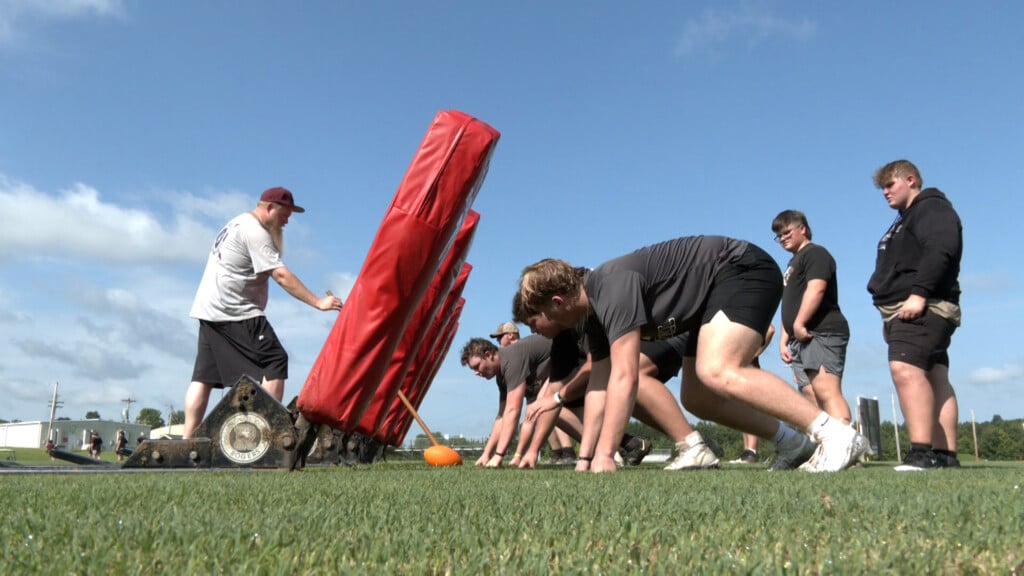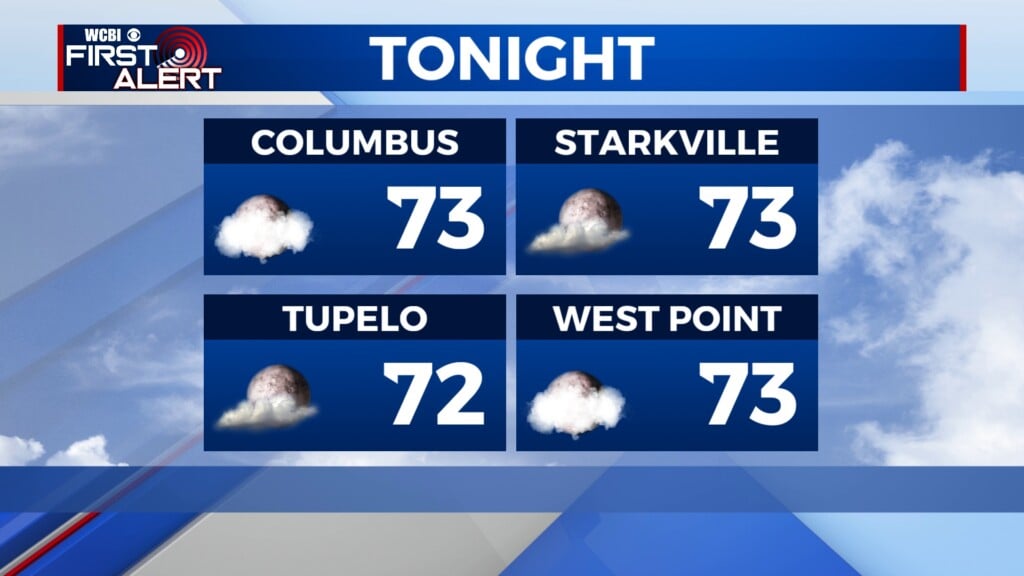Think before you click: How to not fall for misinformation
LOWNDES COUNTY, Miss. (WCBI)- Our phones give us on-demand knowledge at our fingertips.
In the political world, finding accurate articles can be a challenge to filter through.
There’s no way to tell what’s fact or fiction over a screen.
But there are tips to help you steer away from those stories created by false narratives.
Dozens of people are glued to phone screens for the latest update on political news.
” We are more gravitating towards social media platforms to get our news. Honestly, it just depends on what I’ve heard from my family and friends,” said student Kyra Brown.
While some stories are truthful, others can mislead and misinform.
Barry Smith is the Chair of the Communication Department at Mississippi University for Women. Smith says ideas that aren’t considered mainstream or truthful will connect with people who have similar beliefs.
” They form an echo-chamber where basically,’ I believe this, and you believe this.’ Everyone in the group believes this, so obviously, it’s the way things must be. We have a bias when we receive information if it goes along with what we believe before hearing it, then we accept it as true,” said Smith.
Images and videos can be a tiny part of an even larger story.
“It just clips from a two-hour long thing, and I do believe people should try to find the full news article,” said student Johnathan Corpstein.
Dr. Brian Anderson is a Professor of Political Science at MUW. Anderson says users tend to shift into a more eager audience with government officials.
” Social media has put so much pressure on decision-makers to make policies and respond to events so much faster than ever. It’s difficult to imagine they can think through issues properly,” said Anderson.
With limited time to fully address the public, one user has enough time to create a false narrative and send it to other platforms.
” There needs to be a more consistent desire to keep people focused on what is going on and having meaningful input,” said Anderson.
” An event like happened at the U.S Capitol. In the immediate aftermath of that, you see a lot of things posted online. Some of those things will be true, and some won’t. News organizations filter through all that and find are sourced and verify then they put together a more accurate picture,” said Smith.
So before you tweet, share, or open an article, research.
” It commands them to pay attention and learn more. But then there’s the question of where people get information,” said Anderson.
After you create a post, your words can reach thousands of people.





Leave a Reply